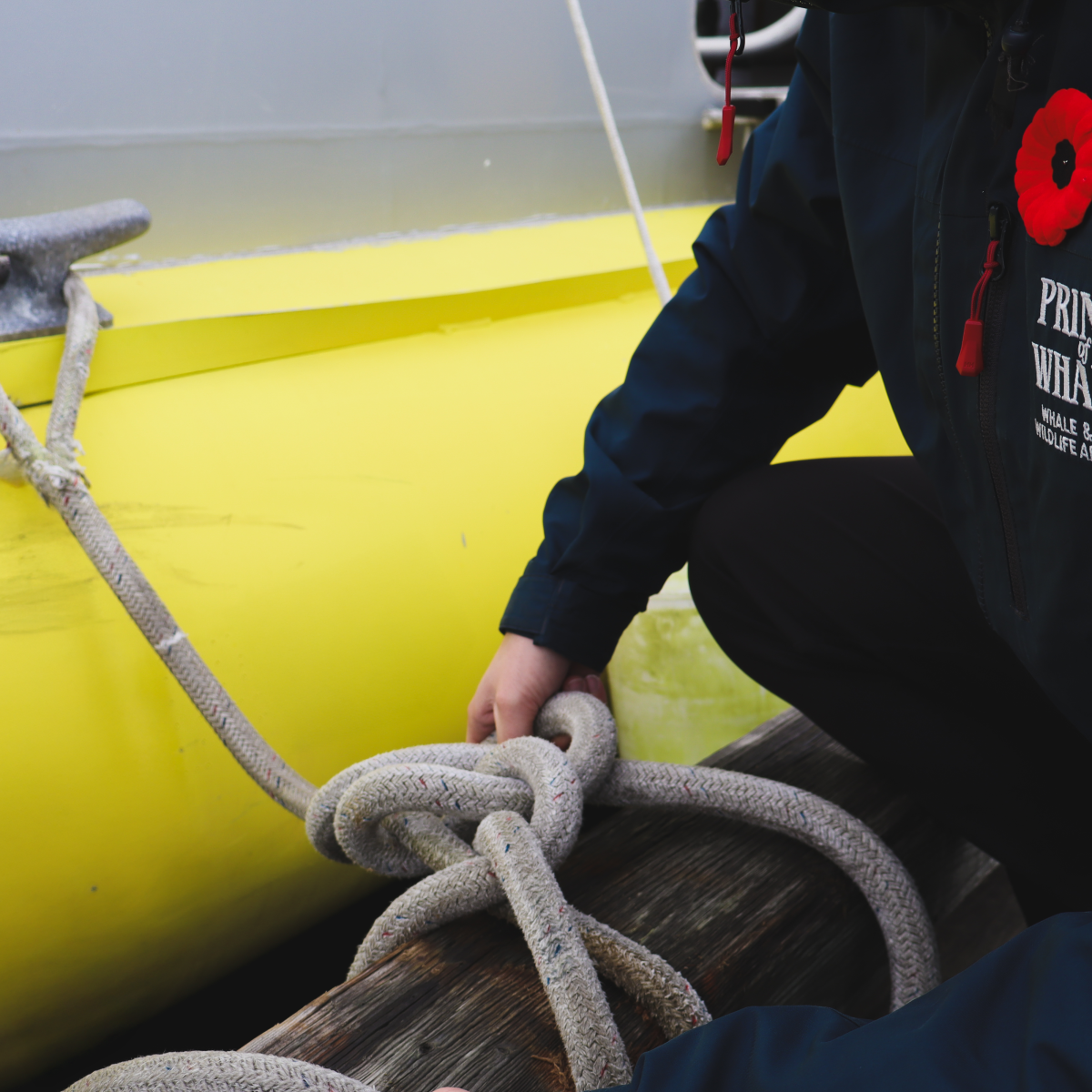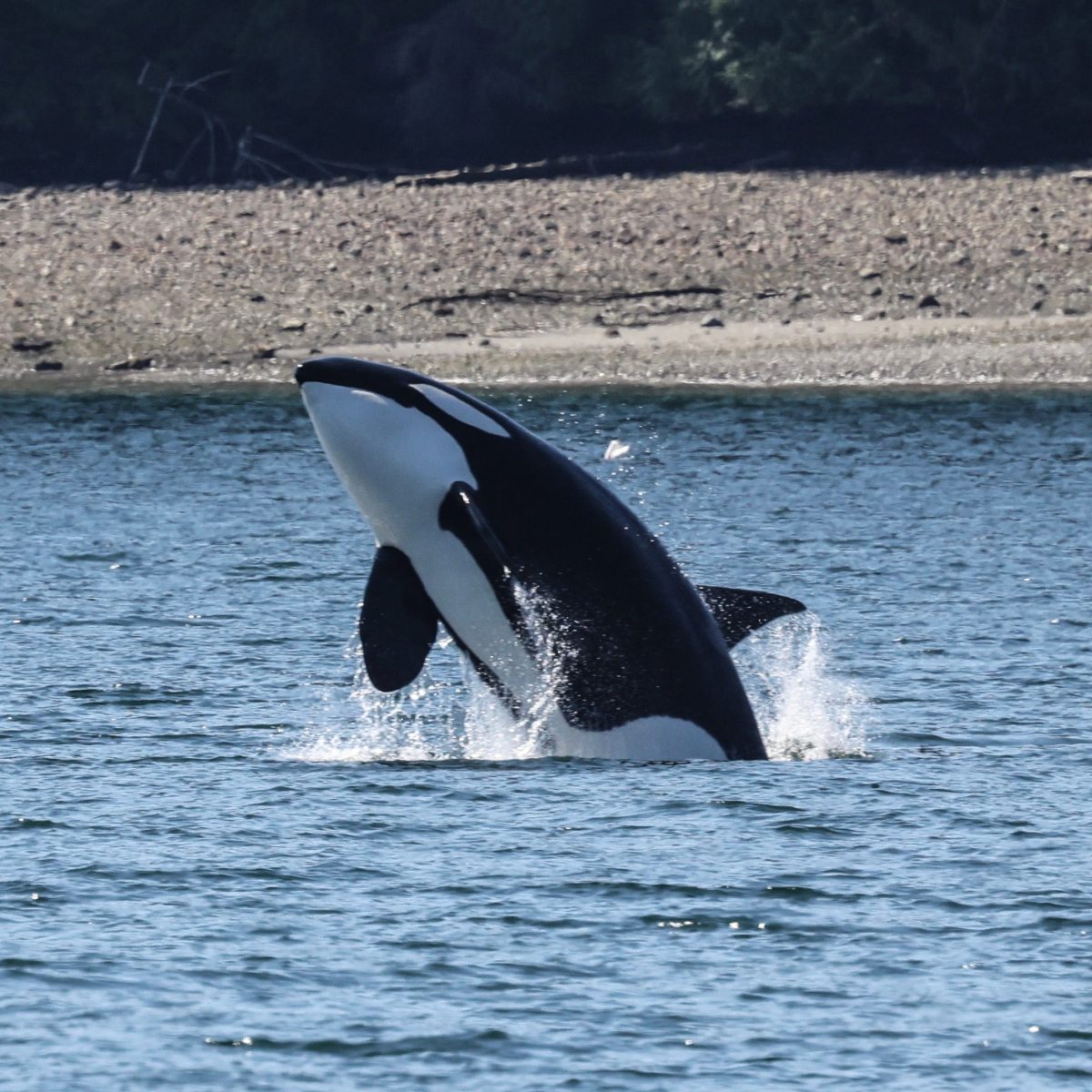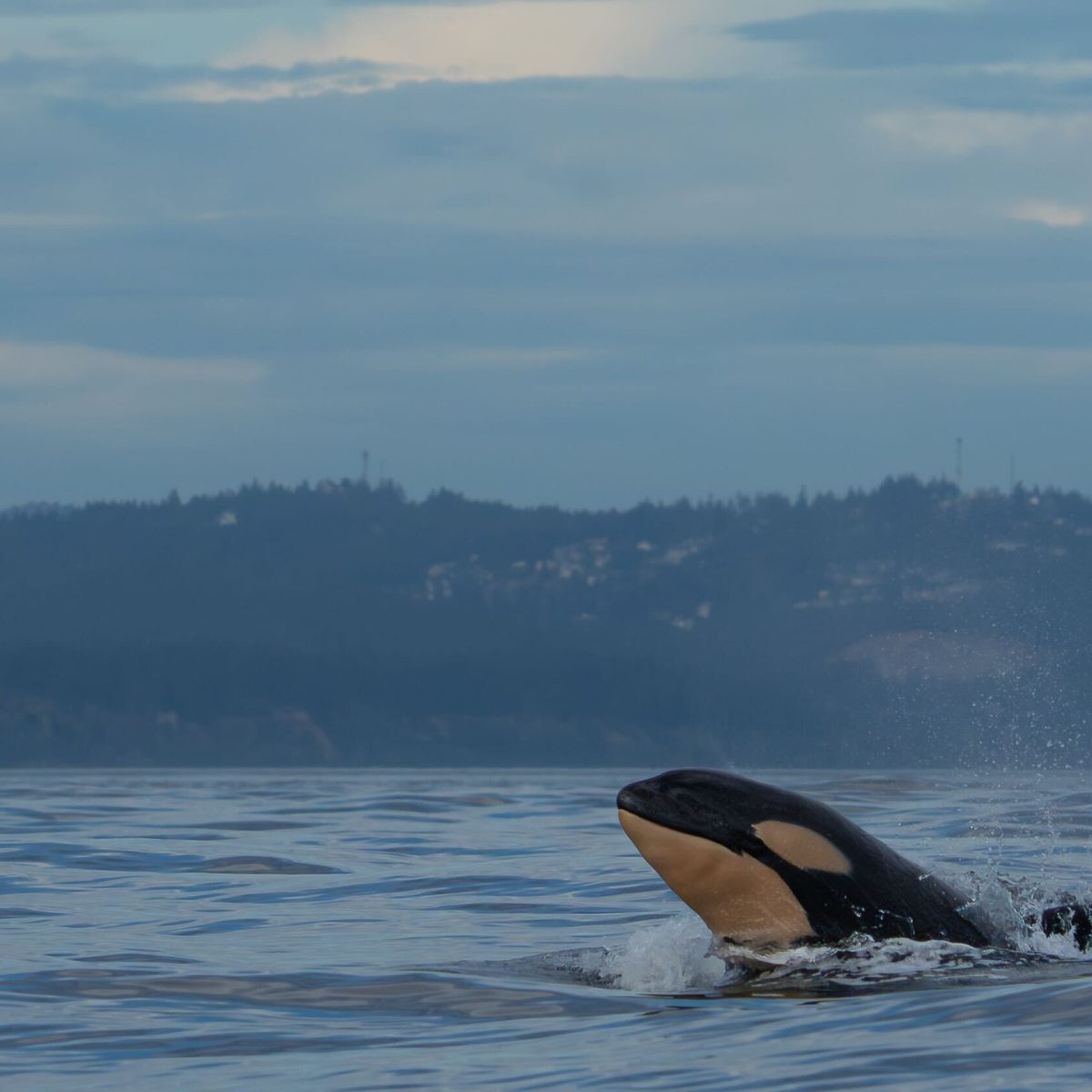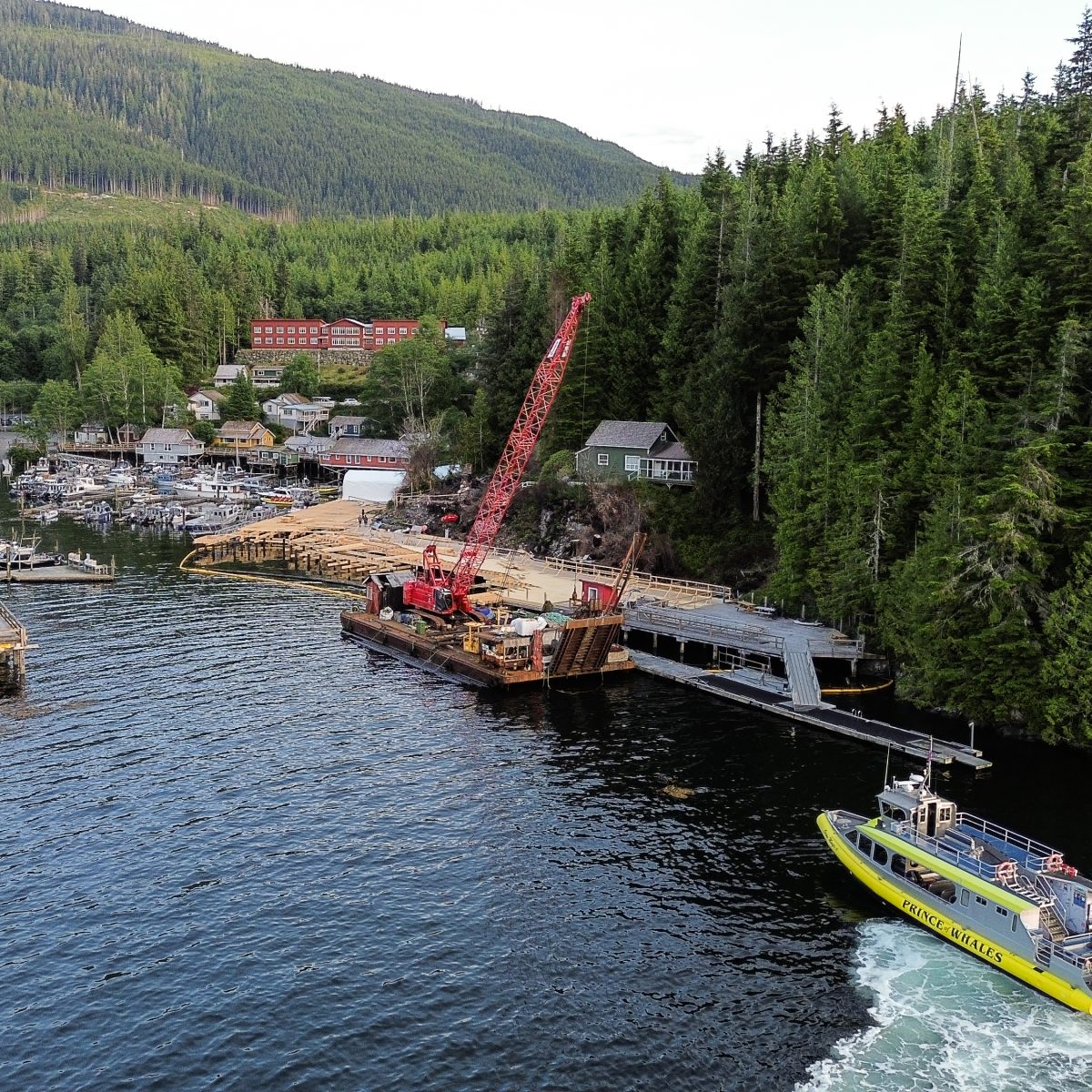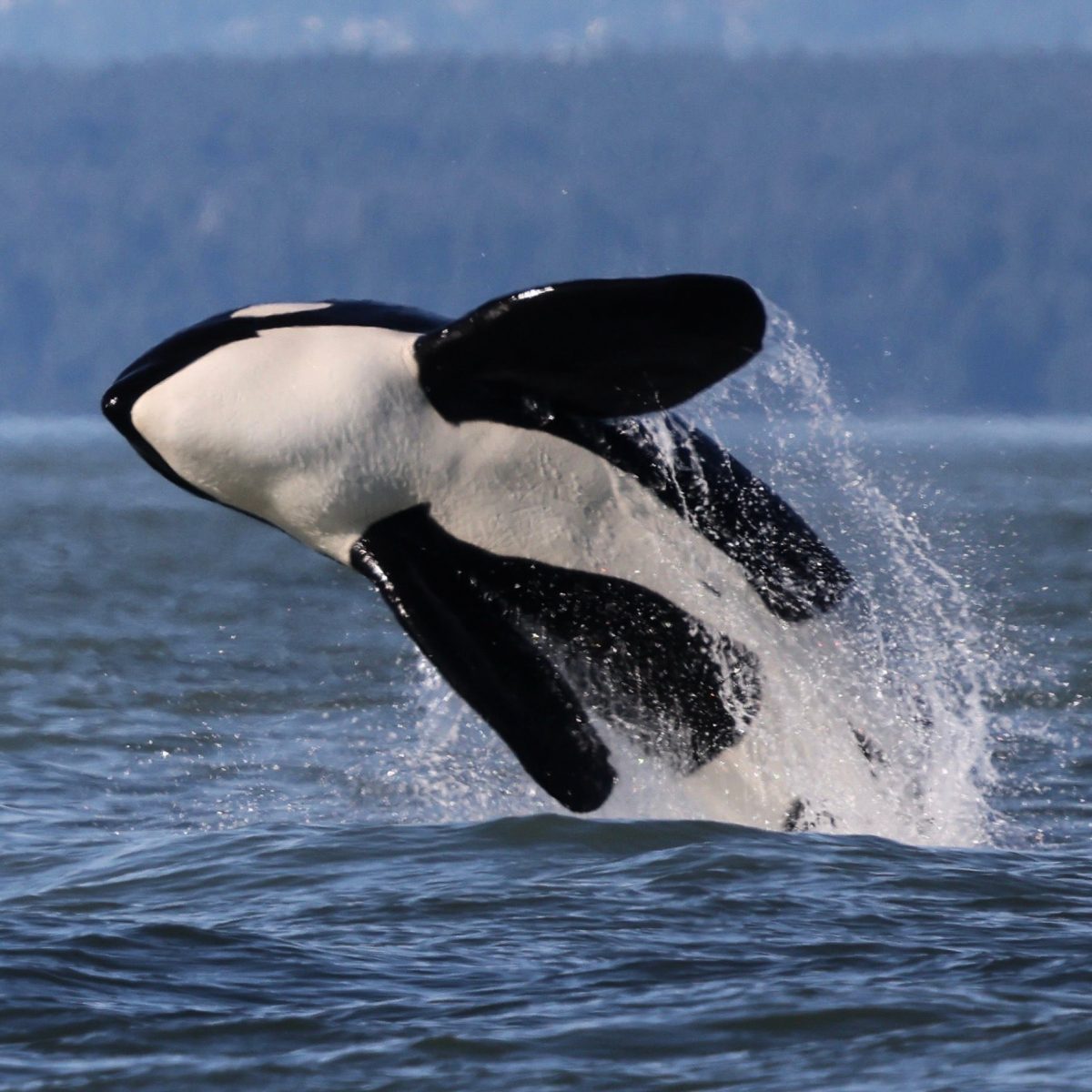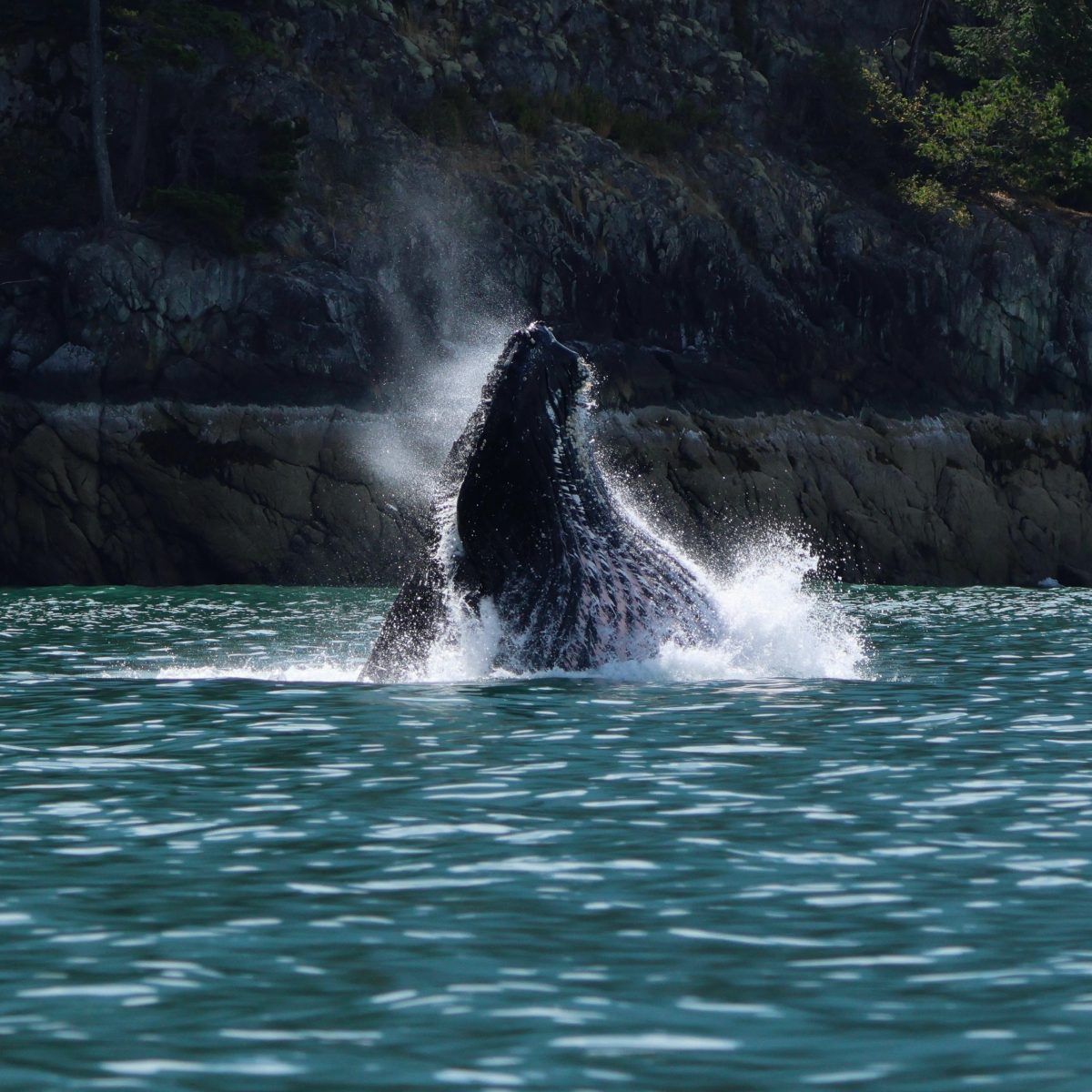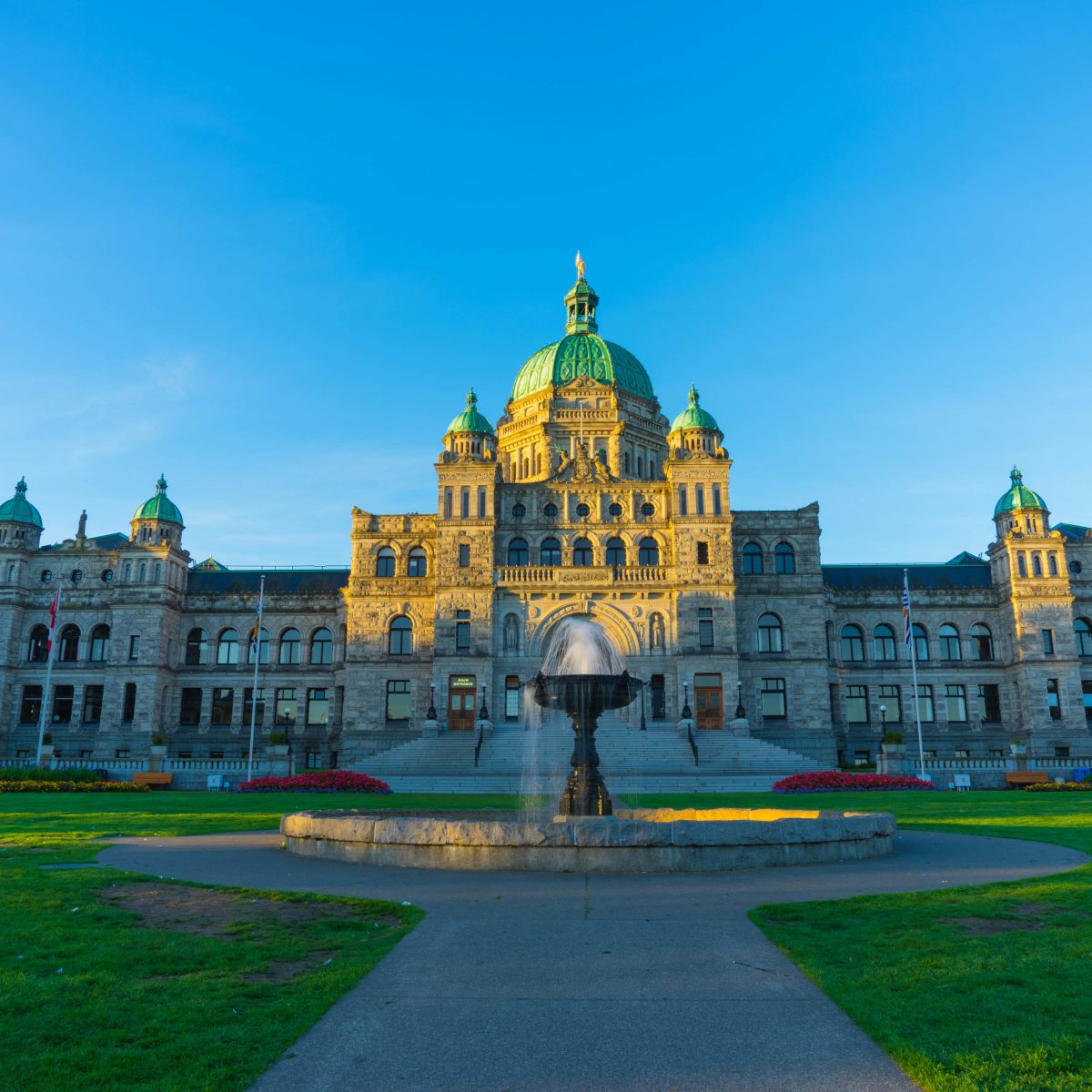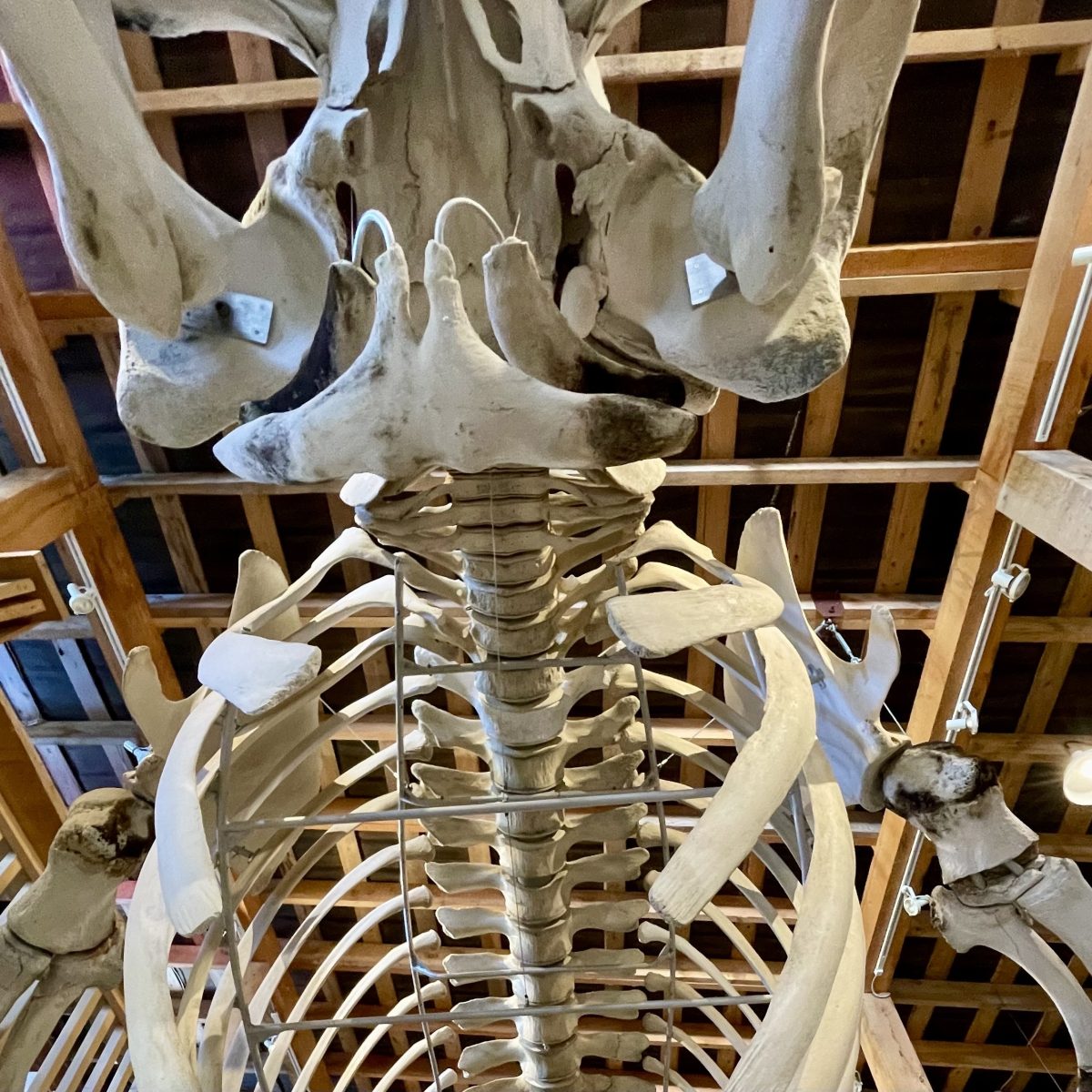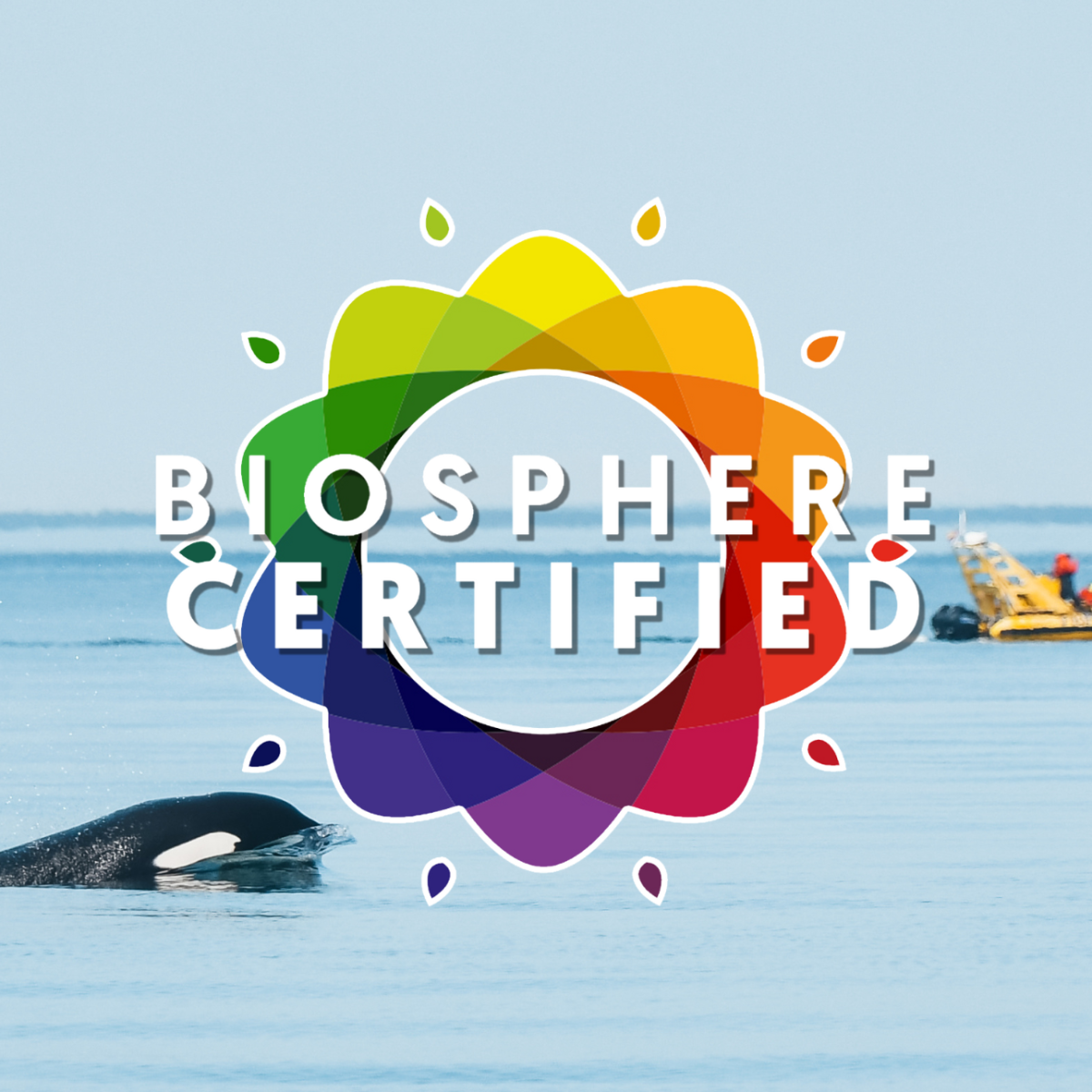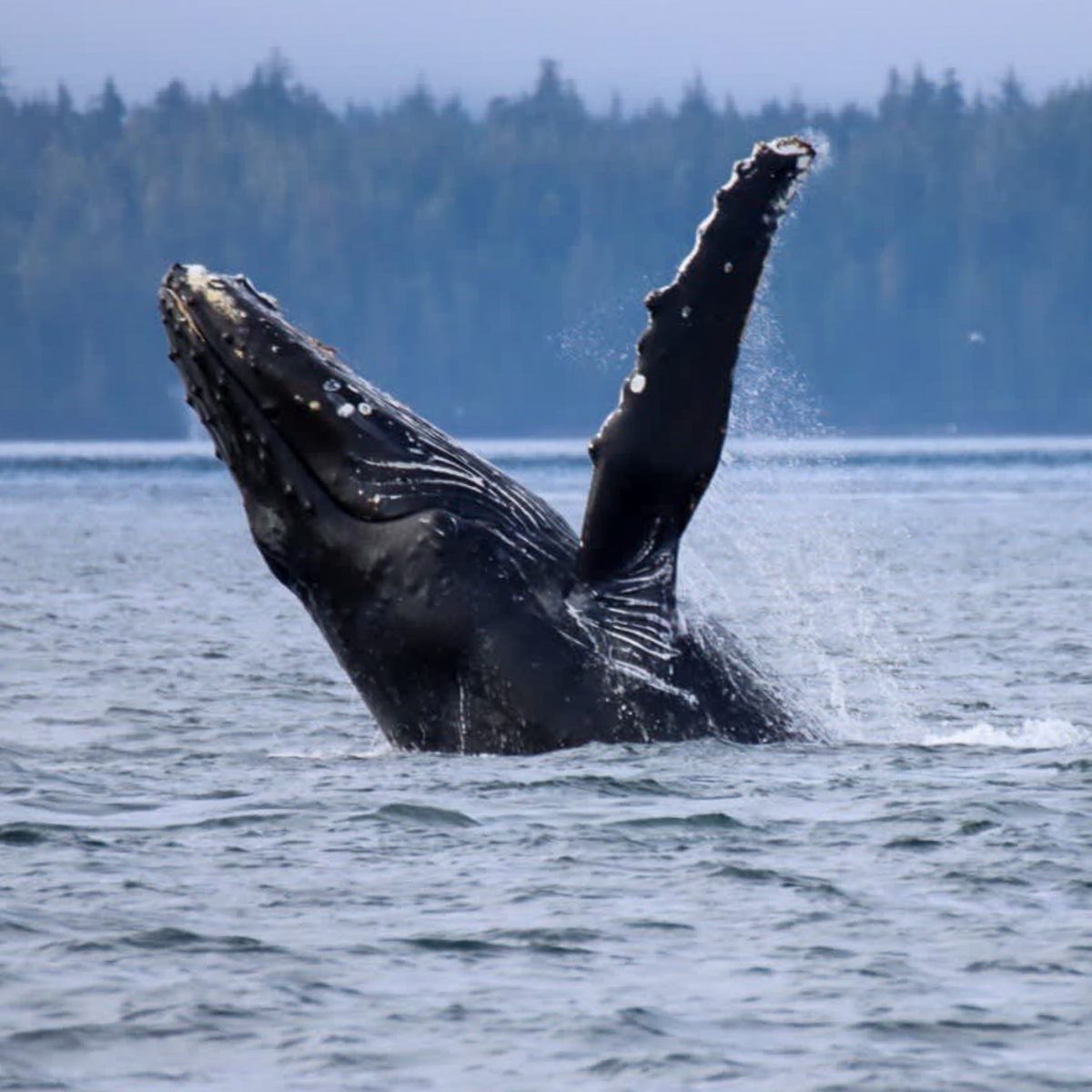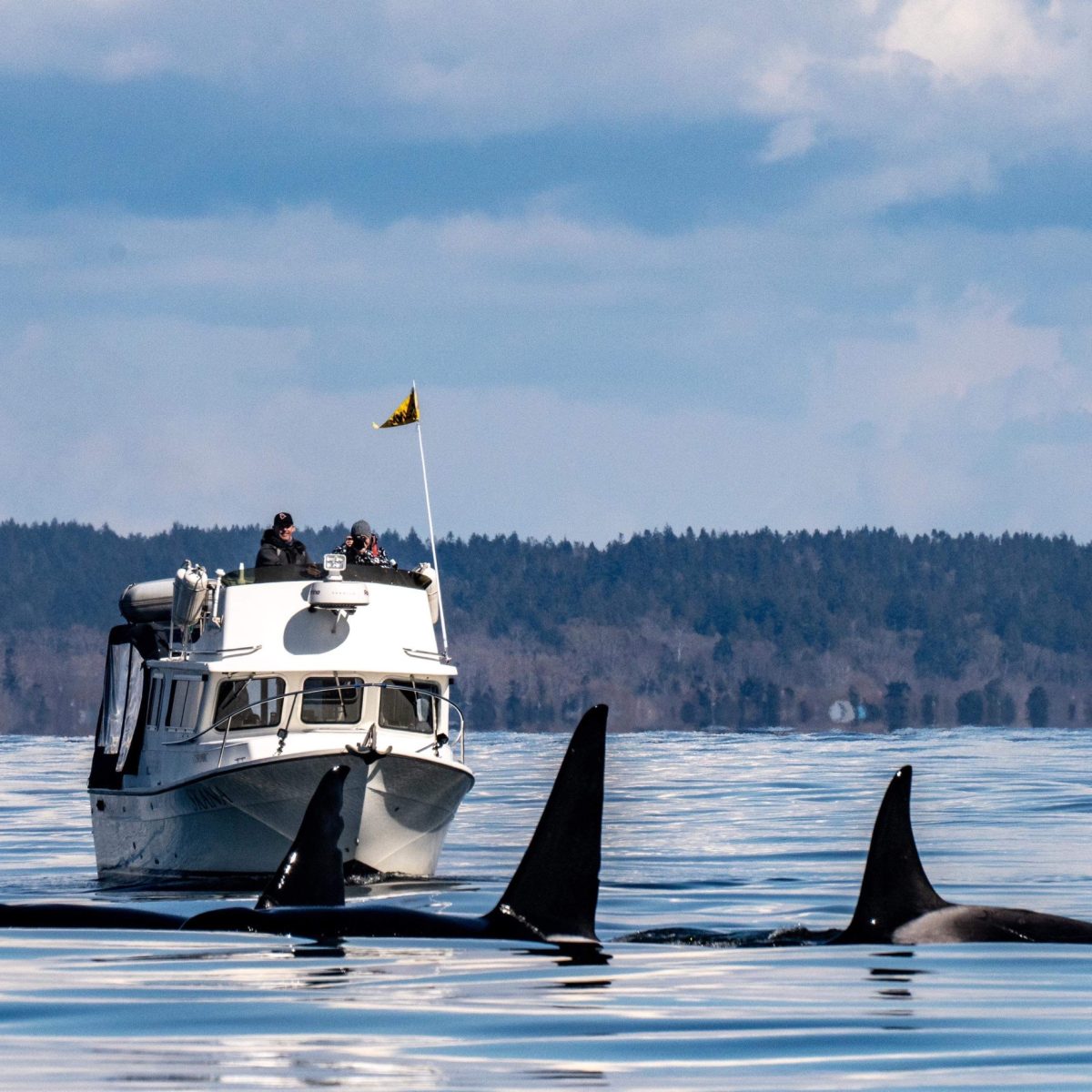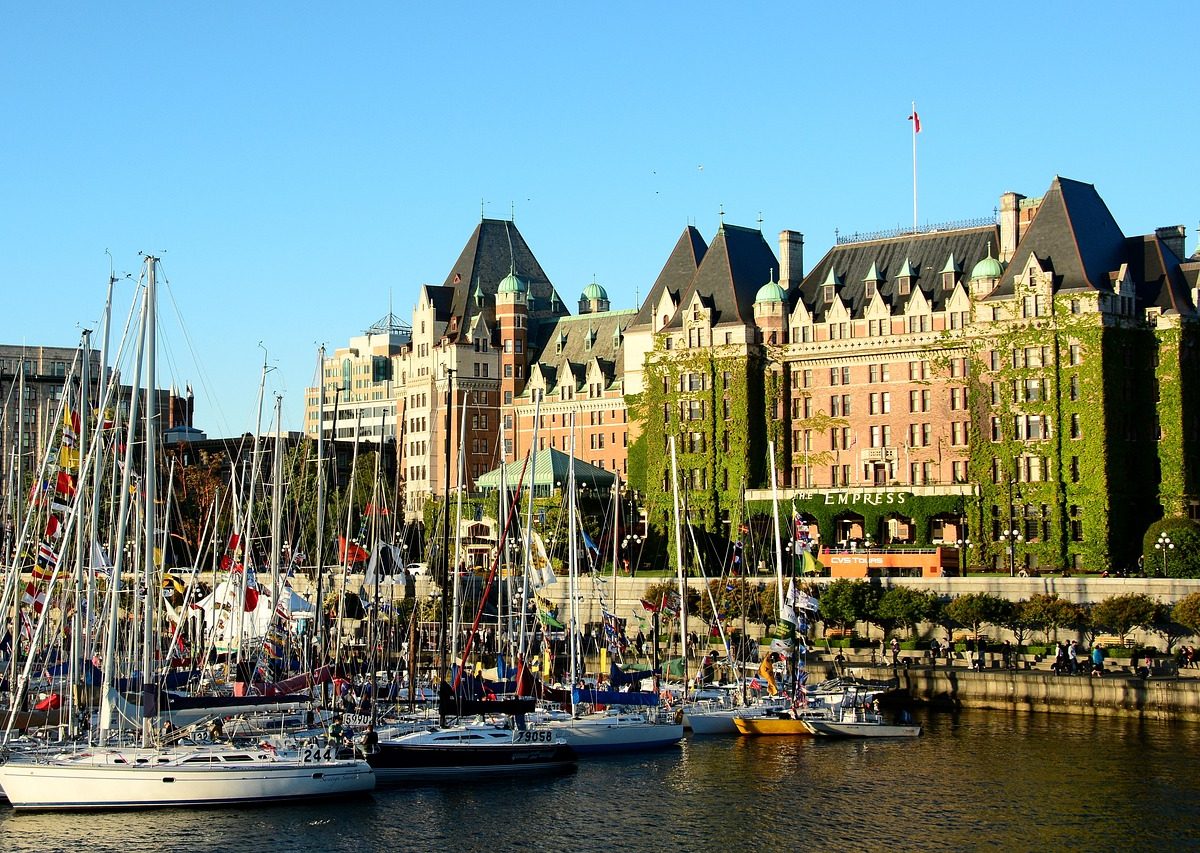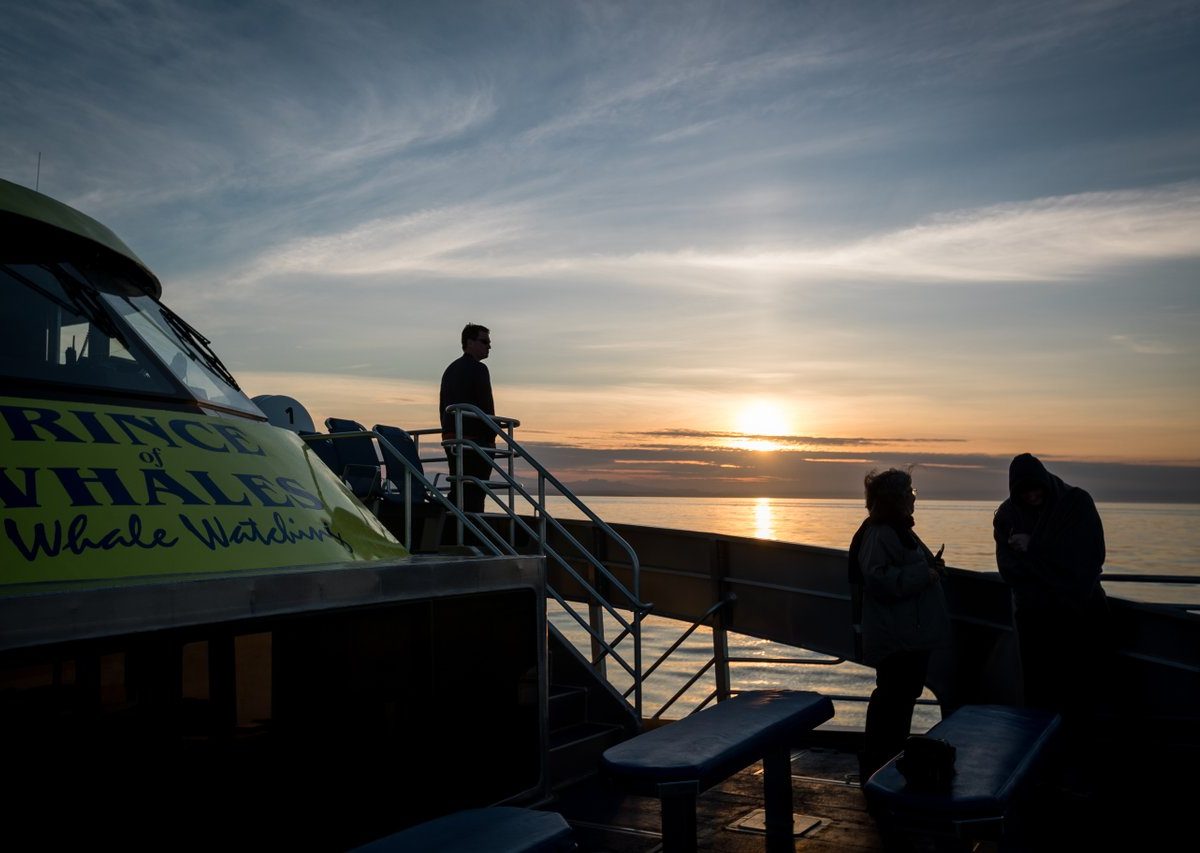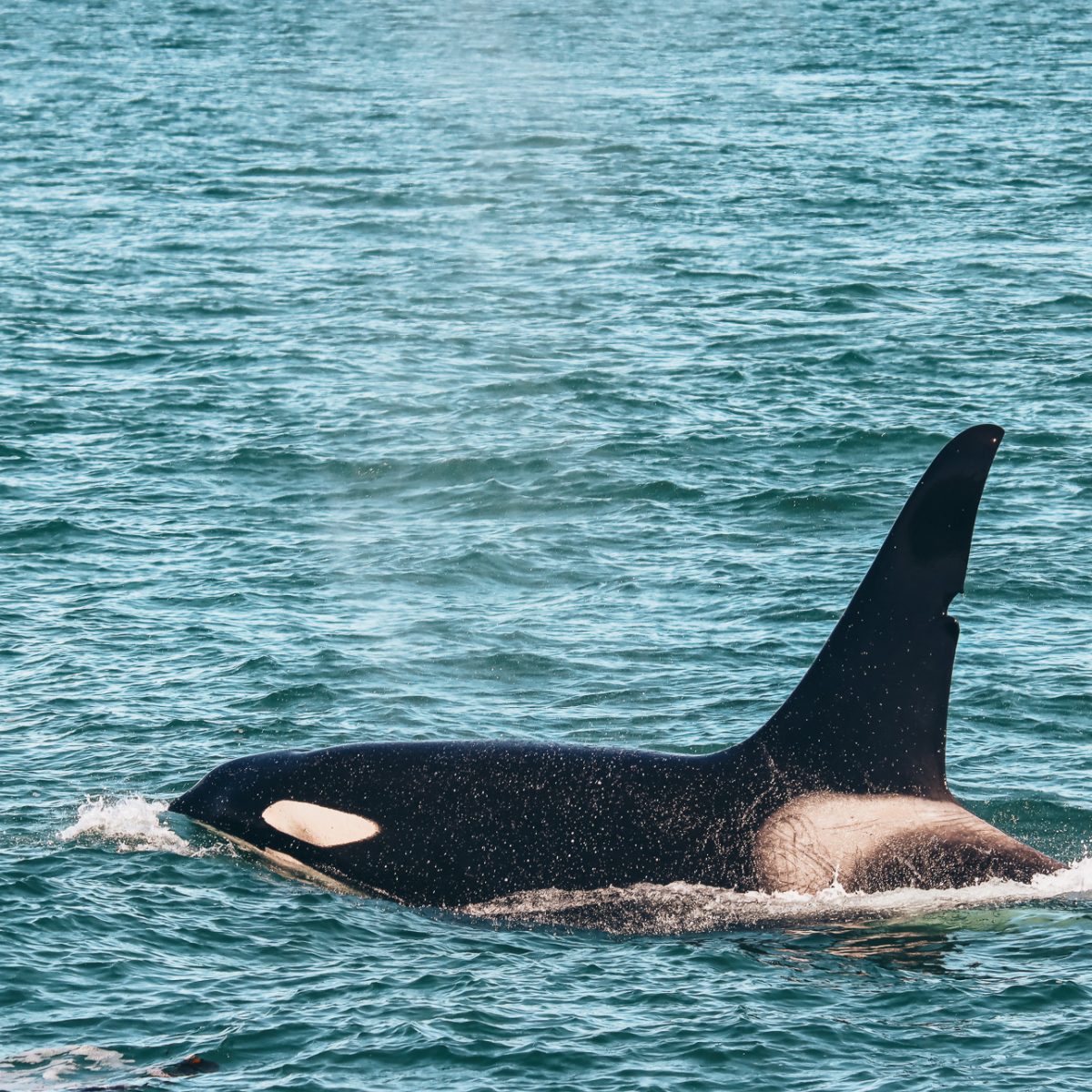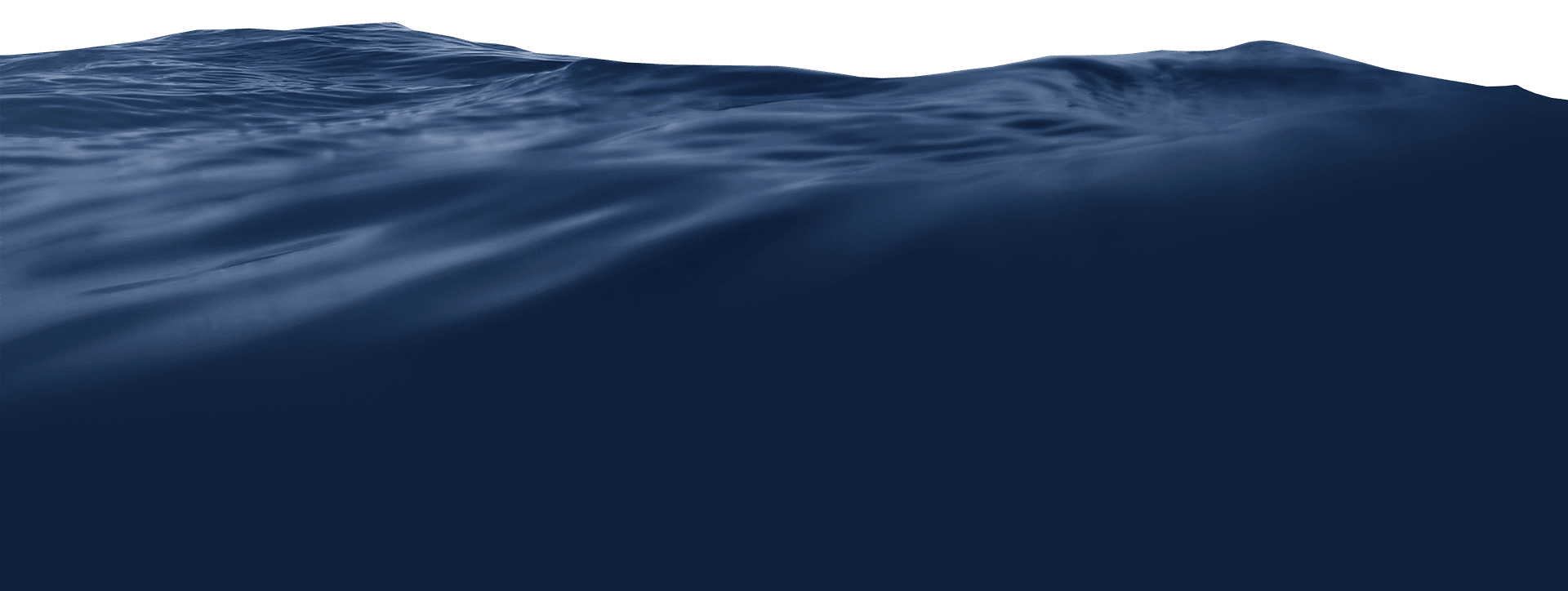
The ocean surrounding Vancouver is one of the most biologically diverse marine environments in the world. From kelp forests to salmon runs, the Salish Sea supports an incredible web of life, and many of the creatures our guests encounter on our tours depend on this delicate balance. But hidden among the kelp and docks are species that don’t quite belong here. These are invasive species, plants and animals introduced from other parts of the world that threaten to disrupt the local ecosystem.
What Are Invasive Species?
An invasive species is any non-native organism that spreads quickly and causes harm to the environment, economy, or human health. In the ocean, they often arrive by accident, attached to ship hulls, in ballast water, or through aquaculture and global trade. Once established, they can outcompete native species for food and habitat, change ecosystem dynamics, and even alter the chemistry of the water. Invasive species are not just a problem elsewhere. They are here, in our harbours, bays, and estuaries, quietly reshaping the coast of British Columbia.
Why They Matter
At first glance, it might seem like a few extra crabs or sea squirts wouldn’t make much difference in an ocean so vast. But the truth is, even subtle changes can ripple through an entire ecosystem. When an invasive species dominates a habitat, it can push out native plants and animals that have evolved together for thousands of years. For example, when green crabs destroy eelgrass, juvenile salmon lose crucial shelter during their migration to the sea. When invasive kelp replaces native species, it changes the community of fish and invertebrates that depend on that habitat. And when tunicates overgrow shellfish beds, they reduce local biodiversity and harm coastal livelihoods.
How They Spread
Most marine invasions are unintentional. Invasive species can hitch a ride on ship hulls, attach to floating debris, or survive in the ballast water of cargo vessels. Even small recreational boats can help spread them between marinas. Floating docks, fishing gear, and aquaculture equipment also provide easy footholds for these opportunistic organisms. That’s why simple actions , like cleaning your hull, draining bilges, and avoiding movement of marine plants or animals between regions, are so important.
Working Together
What We Do:
At Prince of Whales, we believe that education is one of the strongest tools in ocean conservation. Our guides often share stories about the wildlife we see, but we also talk about the unseen challenges beneath the surface, like invasive species. By helping guests understand how these species spread and what’s being done to stop them, we empower people to take part in protecting the coast.
We also proudly support and collaborate with the Pacific Salmon Foundation, the Department of Fisheries and Oceans Canada and Ocean Wise, which lead habitat restoration and marine stewardship initiatives throughout the Salish Sea. This partnership helps strengthen the health of marine protected areas and supports research that benefits both salmon and the broader ecosystem.
Through these collective efforts, we’re helping to raise awareness and contribute to long-term sustainability for the species that call this coastline home.
What You Can do:
You don’t need to be a scientist or a diver to make a difference. Here are a few simple ways everyone can help:
- Clean, Drain, Dry: If you own or use a boat, kayak, or paddleboard, clean it thoroughly before moving to a new area.
- Look, Don’t Touch: Never release live seafood, aquarium plants, or bait into the ocean.
- Stay Informed: Report sightings of unusual marine life through local invasive species networks or the BC Marine Invasive Species app.
- Support Local Conservation: Choosing tours and experiences that prioritize sustainability helps ensure the coast remains healthy for generations to come.
The Salish Sea is resilient, but its balance depends on collective care. Invasive species remind us that every decision, from how we travel to what we bring on our boats, can have far-reaching effects. When guests join us on the water, they’re not just seeing the coast; they’re becoming part of its story of stewardship!

